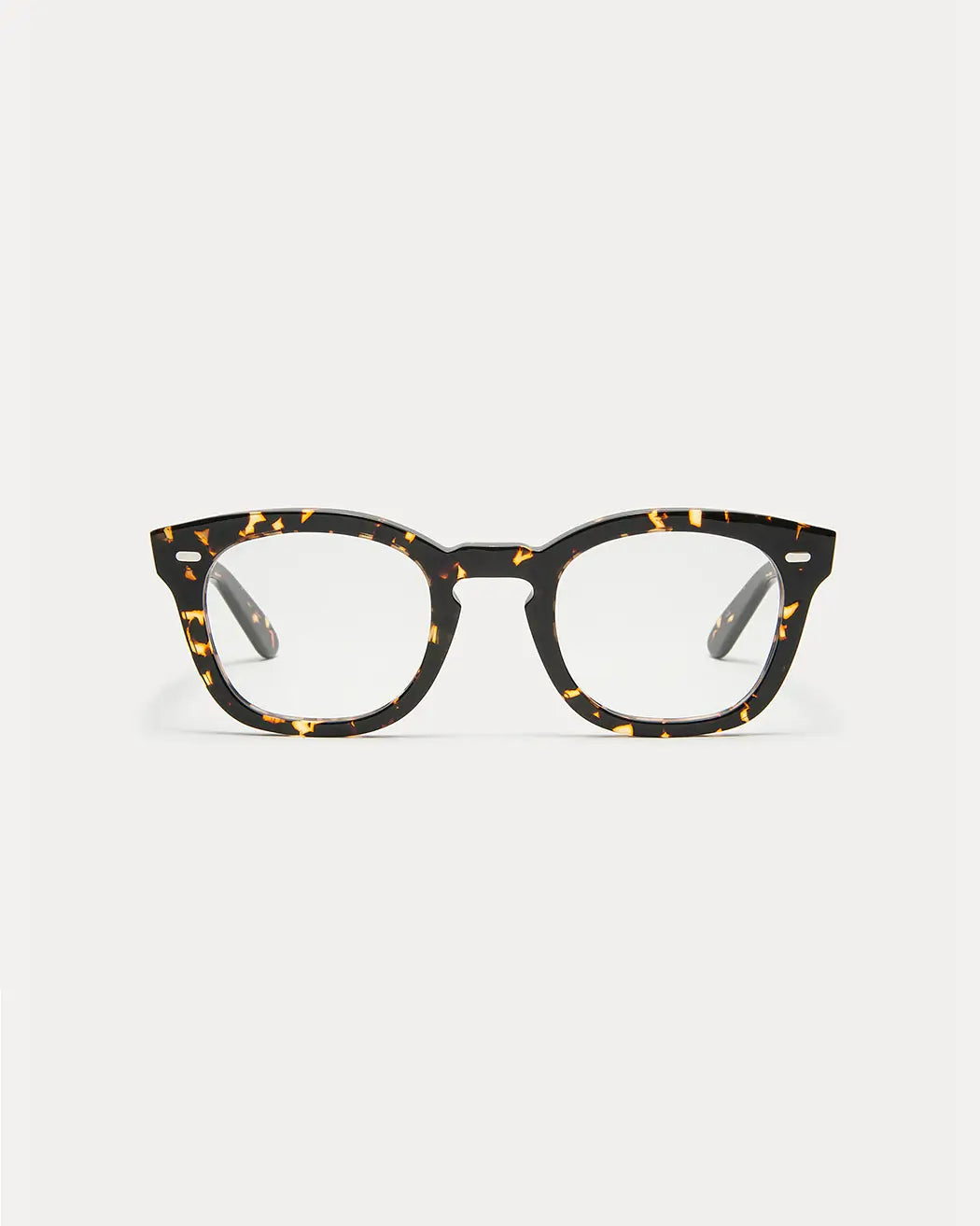Floaters in Your Vision: What You Need to Know

If you've ever noticed tiny specks or cobweb-like shapes drifting across your field of vision, you're not alone. These are called floaters, and while they can be annoying, they're usually harmless. However, in some cases, floaters can be a sign of a more serious condition, so it's important to know what to look out for and when to seek medical attention.
What are Floaters?
Floaters are small, moving spots or specks in your vision that seem to dart away when you try to focus on them. They're caused by tiny bits of debris that float in the clear, gel-like substance in the back of your eye, known as the vitreous. As we age, the vitreous can shrink and become more liquid, causing it to pull away from the retina and sometimes leaving behind small bits of debris.
You Can’t Actually See Floaters
Due to the optics of the human eye, it is impossible to actually see your floaters. You are actually seeing the shadow that your floater casts on the retina of your eye.
That is why floaters are more common on a bright day or while looking at something with a white background. These conditions provide more light into your eye which makes your floaters more noticeable.
When to Seek Medical Attention
While floaters are usually harmless, it's important to know when they may be a sign of a more serious condition, such as a retinal tear or detachment. Symptoms of a retinal detachment may include sudden onset of flashes and floaters that resemble a swarm of bees or flashing lights. Other symptoms may include a shadow or curtain across your field of vision, or a sudden decrease in vision.
Sometimes there isn’t always a clear sign or symptom. Some people with a retinal detachment describe it as ‘something just not right in their vision.’
If you ever experience new floaters in your vision, it's important to see your Optometrists right away.
Other Causes for Floaters in Your Vision
In addition to age, there are a few conditions that may increase the likelihood of developing floaters, including:
- Nearsightedness (myopia)
- Retinal tear or detachment
- Diabetes
- Eye inflammation (uveitis)
- Eye injuries or surgeries
- Complications from cataract surgery
- Certain medications, such as corticosteroids
While these factors may increase the risk of floaters, anyone can develop them as a natural part of the aging process.
Do Floaters Go Away?
The most common form of floaters, vitreous floaters, do not typically ever go away.
However, they do become much less noticeable over time as the floater moves out of the line of site and further away from the retina. This creates a less distinct shadow, thus making the floater more difficult to see.
Coping with Floaters
If you're experiencing floaters, there are a few things that may help reduce their visibility or minimize their impact on daily activities:
- Move your eyes: Try to move your eyes around regularly to shift the position of the floaters in your vision.
- Avoid bright backgrounds: Bright backgrounds like white walls or computer screens can make floaters more noticeable, so try to adjust the lighting or positioning of your workspace.
- Wear sunglasses: Wearing sunglasses can limit the amount of bright light in your eyes, making the floaters less noticeable.
- Ignore them: The best thing to do is learn how to ignore new floaters. The brain will learn to just pretend they are no longer there over time.
It's important to note that while these tips may help reduce the impact of floaters, they won't eliminate them completely. If floaters are affecting your vision or causing significant distress, it's important to consult with your Optometrist for further evaluation and treatment.
Floaters are a common and usually harmless occurrence in our vision, but it's important to know when they may be a sign of a more serious condition. By being aware of the symptoms of a retinal detachment and other risk factors and seeking medical attention immediately, we can help protect our vision and maintain healthy, happy eyes.




